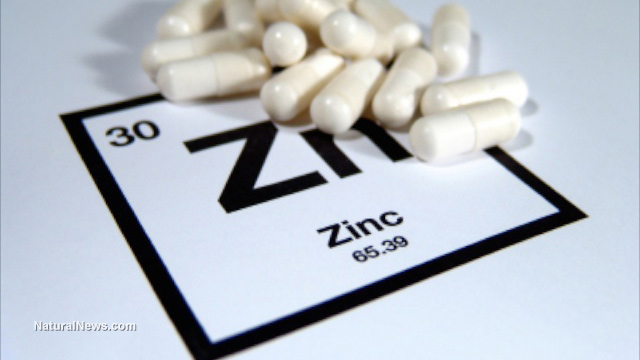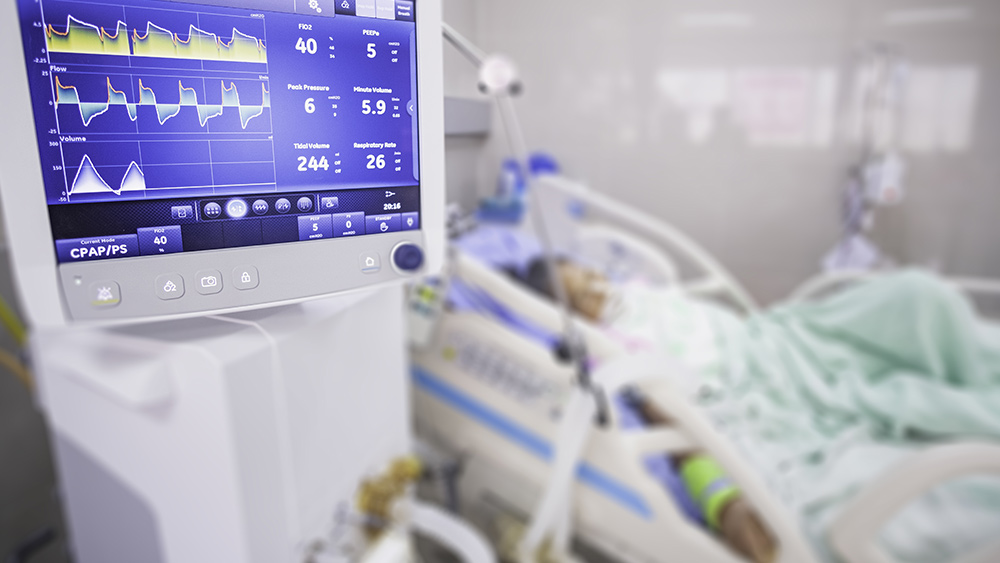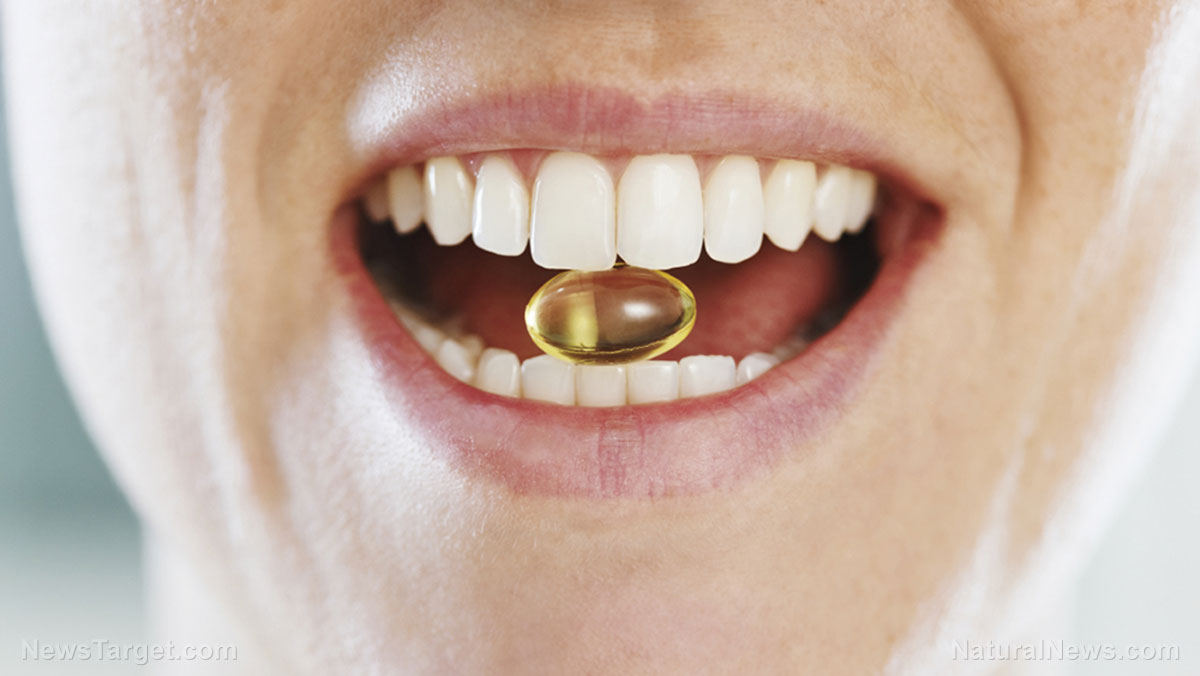New research suggests vitamin D may help combat coronavirus
04/27/2020 / By Michael Alexander

Those looking to guard themselves against the coronavirus pandemic may want to take a closer look at the health benefits of vitamin D — the latest nutrient to be examined by medical experts and researchers in their quest to find potential treatments for COVID-19.
This growing interest in vitamin D — often referred to by many as the “sunshine vitamin” because it is produced by the body as a response to sun exposure — is hinged on its immune-supporting properties, as well as its ability to protect the body against respiratory infections.
“Vitamin D has an anti-inflammatory action, particularly when given at higher doses,” explained Adrian Martineau, a clinical professor of respiratory infection and immunity at Queen Mary University of London, adding that previous trials have looked at using the vitamin as a treatment for Tuberculosis.
These properties have led a researcher from the University of Granada to carry out a trial in order to investigate whether high doses of vitamin D can treat mild symptoms of COVID-19, such as headache, fever and fatigue.
The researcher is also investigating whether supplementation with vitamin D can prove effective in preventing patients from deteriorating and needing further hospital care and ventilation.
As detailed in the study, which is currently listed on the official website of the U.S. National Library of Medicine, 200 patients aged 40 to 70 will receive either 625 mcg of vitamin D daily — an amount much higher than the 15 and 10 mcg daily dose that is currently recommended in the U.S. and the U.K., respectively — or their usual prescribed medication. (Related: 8 Micronutrients that can boost the immune system against COVID-19.)
According to study author Manuel Castillo Garzón, in the event that the 10-week trial confirms the efficacy of vitamin D at stalling the disease’s progression, supplementation with the vitamin could then potentially be used as a treatment option, both within the community and in hospitals. Garzón, however, noted that more studies will be needed to confirm the findings, as well as the dose required to have an effect.
The University of Granada study takes inspiration from a 2017 study, published in the BMJ, which, after reviewing data from 25 trials, showed that vitamin D can help prevent acute respiratory infections, particularly in individuals who also exhibit vitamin D deficiency.
According to Martineau, who led the 2017 research, when vitamin D is made in the skin, it gets converted in the liver to a form that circulates around the body. This then creates a natural antibiotic-like substance in the lining of the respiratory tract that can then kill pathogens such as viruses and bacteria.
Martineau added, however, that the results of their study cannot automatically be extrapolated to COVID-19.
“It is a generic effect: we don’t know yet whether that would work against COVID-19,” Martineau, who is not involved in the University of Granada study, explained.
Hospitals now testing vitamin C, all-natural treatments against coronavirus
Meanwhile, the University of Granada study came about a month after New York state’s largest hospital system endorsed the use of high-dose vitamin C as a treatment option for patients afflicted with COVID-19.
According to Andrew G. Weber, a pulmonologist and critical-care specialist affiliated with Northwell Health, medical staff have started administering up to 1,500 mg of vitamin C — a powerful antioxidant — to patients with severe cases of the disease, a dosage that’s roughly around 16 times the National Institutes of Health’s daily recommended dietary allowance of the vitamin. According to Weber, this procedure would be repeated up to four times a day.
Weber, in a statement published on the New York Post, said the regimen is based on experimental treatments administered to people with COVID-19 in Shanghai, China.
Unlike Garzón’s study, however, which focused on orally ingested supplements, these high vitamin C doses were given intravenously, through a drip directly into patients’ veins.
“The patients who received vitamin C did significantly better than those who did not get vitamin C,” Weber said, noting that while the vitamin C supplementation helped “a tremendous amount,” it was not highlighted because it was not “a sexy drug.”
A spokesman for Northwell Health, meanwhile, said that while vitamin C was being “widely used” as a coronavirus treatment throughout their 23-hospital system, medication protocols still varied from patient to patient.
As per their latest last update at the time of the Post article’s writing, about 700 patients are being treated for COVID-19 across the hospital network, but it remains unclear how many of them are actually getting the vitamin C treatment.
Get the latest news and studies on other potential treatments for COVID-19 at Pandemic.news.
Sources include:
Submit a correction >>
Tagged Under:
antioxidants, China, coronavirus, covid-19, Flu, immune system, natural cures, natural medicine, Natural Treatments, nutrients, prevention, research, supplements, vitamin C, vitamin D, vitamins
This article may contain statements that reflect the opinion of the author
RECENT NEWS & ARTICLES
COPYRIGHT © 2017 VITAMIN D NEWS


















